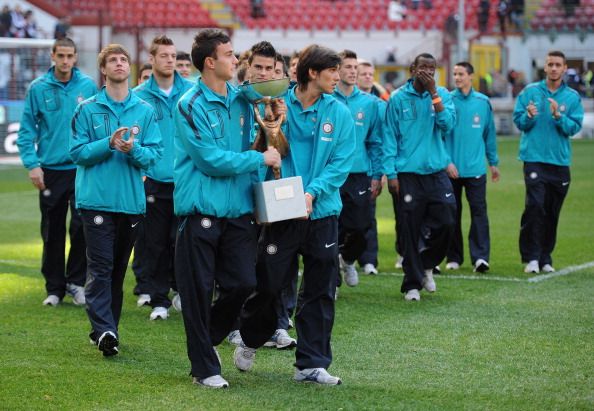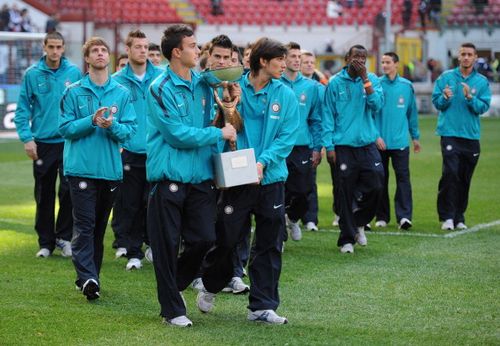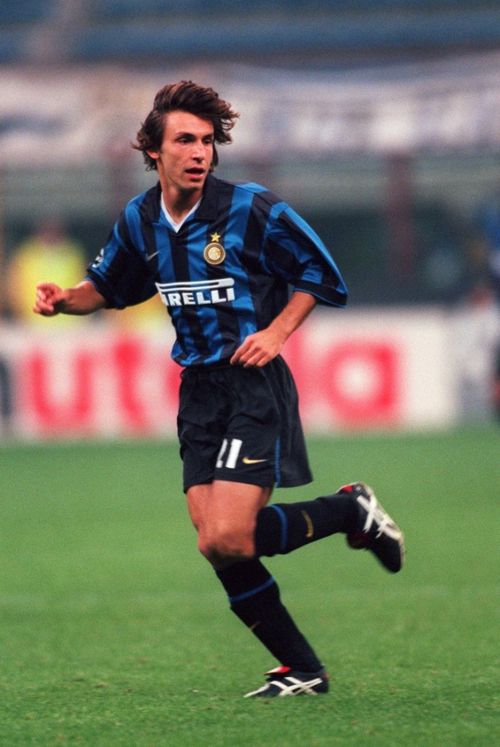
The gradual decay of Inter's primavera
“Young people are an asset and the club together with the coach will decide how best to manage them. The assessment of when and how to do it is an important and delicate thing because you can take a risk and rush the evolution of a young man. But I think the president has already given a signal.” – Andrea Strammacioni

Inter’s Primavera
The Inter Milan primavera is one of the famed pools of talent in the world. Scrolling through the pages of history, one would find a plenitude of glamour right from the dawn of the 20th century to the recent past.
The Appiano Gentile has never been in short supply of churning out some eye-catching potential. From the iconic Giuseppe Meazza to the legendary Giacinto Facchetti to the symbolic figure of Javier Zanetti, Internazionale have been blessed with a plethora of truly outstanding players, some of whom could be well and truly deemed to be priceless.
But, with the influx of Massimo Moratti and his wealth, the transition of youth into the first team has taken a back seat. The Nerazzuri have not hesitated in splashing the cash to bring in the biggest names of the game to play for the blue half of Milan. Having the luxury of Ronaldo and Vieri leading your attack is a luxury not many teams could afford, but Moratti & Co were clearly an exception! Who needs the academy starlets then?

Pirlo – an offshoot of the primavera.
Underneath the radar of the scintillating partnership of Ronaldo and Vieri slipped away a young, introvert boy who would slowly establish himself as one of the best players to have played in his position.
A young Andrea Pirlo, who wanted more games than he was actually getting, moved to the Red half of the city in a bid to transform his potential into pedigree, and what followed in due course, is not hidden from anyone. The segregation of the youth had done no good to the club – though the club managed to attract the big names, it could never strike a balance between the established talent and the budding potential.
The sweet taste of success eluded Moratti, and in spite of heavy investment, the club managed to muster up a couple of UEFA cups between 1990 and 2004, due to a constant shuffle in the management of the club and the failure to sustain its youth talent.
The Calciopolli scandal shook the very foundations of football in the Peninsula – but it brought along with it, an overhaul in the fortunes of Inter. Success, which was so hard to come by, was now flowing like a perennial river – The Nerazzuri managed to win 5 scudetti on the trot, along with the crown of Europe and a couple of domestic trophies here and there.
Moratti splashed the cash, and Inter won the trophies. The primavera was left to itself, and the galaxy of stardom meant that the youth was shipped off to different clubs, either as makeweights or to trim the size of the squad.
One can only cover his/her mistakes for that long – The introduction of FFP meant that Moratti & Co. had to balance the books in order to stay afloat with the provisions of the law. The club could not cope up with the exodus of the big names, and fell back in terms of competitiveness.
The lack of an effective strategy to bring up the youth came to haunt the administration. Though the hierarchy has invested a hefty sum on the academy, there lacks a strategy to translate potential into on-field performance. The jump from the U-19 to the senior team is a big leap to make, and Inter have clearly failed in this – sending players away on co-ownerships in favour of established talent has hindered the progress of the club.